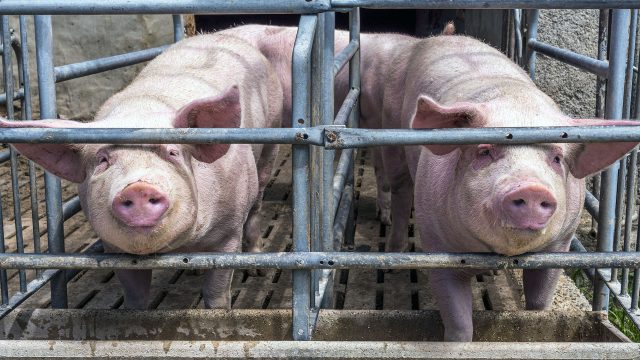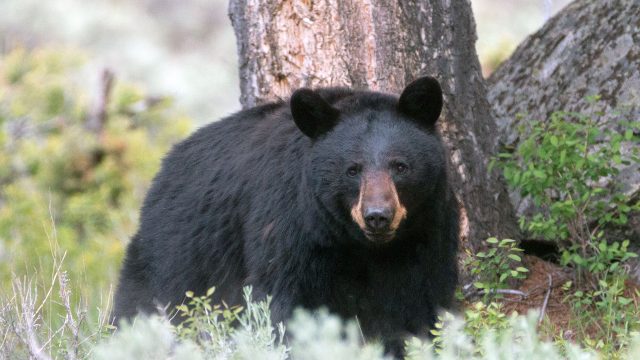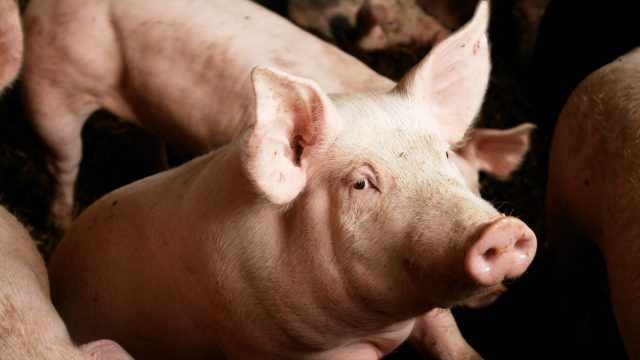Showing 1-10 of 32
-
Oppose: Save Our Bacon Act (Federal)
The Save Our Bacon Act, a repackaged version of the damaging EATS Act, would undermine individual states’ ability to enact their own laws affecting agricultural practices. -
Canyon’s Law (Federal)
This legislation would ban M-44s — spring-loaded devices filled with sodium cyanide used to kill native carnivores and so-called “pest” species — from public lands. -
Retail Pet Sales Ban Bills (Massachusetts)
Two bills aim to ban the retail sales of pets in the state. S. 650 would prohibit the sale of dogs, cats, and rabbits in retail pet shops; S. 618 would additionally prohibit the sale of guinea pig -
Pet Custody (Massachusetts)
Protects the best interests of a companion animal when a couple is splitting up by providing a framework for judges to use in determining care and custody of the animal. -
Octopus Farming Ban (New Jersey)
In recognition of the “advanced cognitive abilities” of octopuses, An Act prohibiting the aquaculture of any species of octopus for the purpose of human consumption (S. 3914/A. 5078) seeks to prohibit octopus aquaculture, also known as octopus farming. -
Ensuring Wildlife Connectivity Act (Washington)
The bill would protect wildlife from vehicle collisions and prevent habitat fragmentation by providing safe corridors, such as over- and underpasses. -
Pigs and Public Health Act (Federal)
This bill aims to reduce the number of nonambulatory or ”downed” pigs — pigs who cannot stand or walk unassisted — in the food system. -
Courtroom Animal Advocate Program (Michigan)
Courtroom Animal Advocate Program (CAAP) laws allow advocates — supervised law students or volunteer lawyers — to advocate for animal victims in criminal cruelty cases. -
Opposing the Cultivation and Trade of Octopus Produced through Unethical Strategies (OCTOPUS) Act (Federal)
The Opposing the Cultivation and Trade of Octopus Produced through Unethical Strategies (OCTOPUS) Act would ban commercial octopus farming in the U.S. and prohibit imports of farmed octopus from foreign countries. -
A Bill to Ban Wild Animals in Circuses (New York)
This New York bill would prohibit the use of certain wild animals in traveling animal acts throughout the state, including big cats, bears, nonhuman primates, kangaroos, and wallabies.










